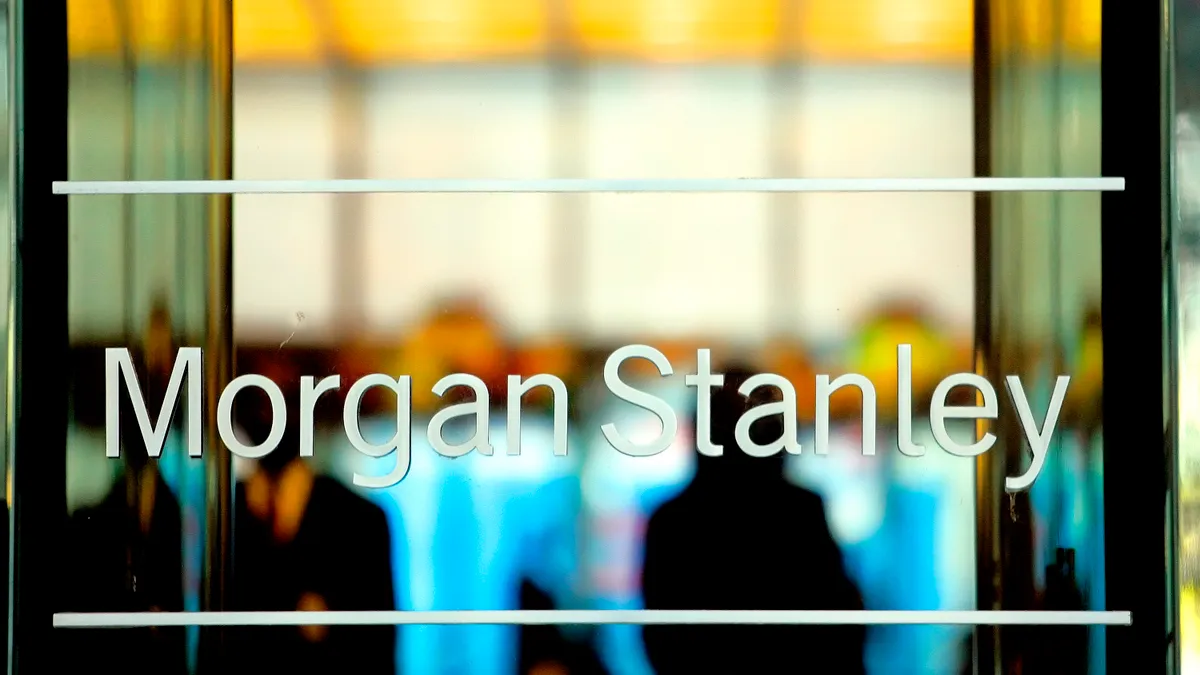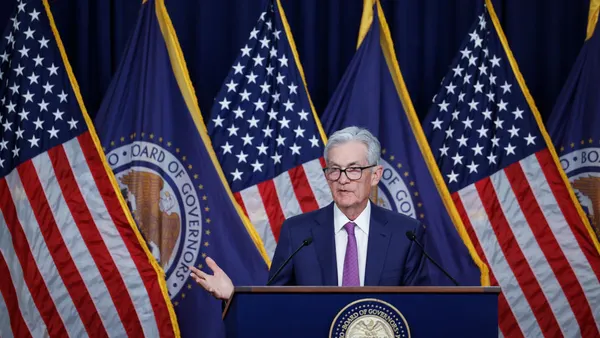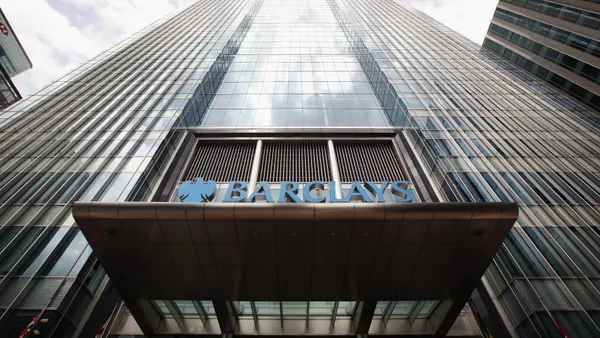Morgan Stanley will pay $15 million to settle allegations that its Smith Barney unit failed to prevent four of its ex-financial advisers from stealing millions of dollars from customers’ accounts, the Securities and Exchange Commission said Monday.
The broker-dealer did not have a reasonable system in place, between 2015 and 2022, to detect when funds were misappropriated through unauthorized Automated Clearing House transfers and wire requests, the regulator said. That, the SEC said, violated the “compliance rule” of the Advisers Act.
Morgan Stanley failed, until at least December 2022, to adopt a means to screen for the name of the beneficiary of ACH payments, the SEC said. That allowed three now-former financial advisers to initiate ACH transfers to pay their own credit card bills or otherwise misappropriate funds for their benefit, the regulator said.
Morgan Stanley also, until February 2021, failed to implement a procedure to detect instances when unrelated clients of the same financial adviser transferred money to the same third-party account, the SEC said. The firm “understood such activity was a red flag” and installed third-party fraud detection software in 2015, on the belief that the software was designed to detect that pattern, the regulator said. It was not, and Morgan Stanley did not test for that variable for the next five years, the SEC said.
“Safeguarding investor assets is a fundamental duty of every financial services firm, but [Morgan Stanley Smith Barney’s] supervisory and compliance policy failures let its financial advisors make hundreds of unauthorized transfers from their customer and client accounts and put many other such accounts at significant risk of harm,” Sanjay Wadhwa, acting director of the SEC’s Division of Enforcement, said in a statement.
As part of Monday’s settlement, Morgan Stanley agreed to let a compliance consultant review all forms of third-party cash disbursements from customer accounts. The bank neither admitted nor denied the allegations, but the SEC noted Morgan Stanley’s “several self-reports,” “substantial cooperation” and “remedial efforts, including compensating the financial advisors’ victims.”
“We take these incidents very seriously and have since enhanced our control framework, working in conjunction with an outside expert,” a Morgan Stanley spokesperson said in a statement seen by Bloomberg and AdvisorHub. “We pride ourselves on putting clients first, and in each instance, when we learned of the wrongdoing, we conducted an internal investigation, terminated the wrongdoers, reported them to the proper authorities and worked with affected clients to compensate them for any harm.”
The SEC identified the four ex-employees as Michael Carter, Jesus Rodriguez, Douglas McKelvey and Chingyuan “Gary” Chang.
Carter, a McLean, Virginia-based broker, was sentenced to five years in prison in 2021 on wire fraud and investment adviser fraud charges for making more than 50 unauthorized transfers from clients, totaling $6.15 million, to fund his own expenses, including country club membership fees.
Rodriguez, based in El Paso, Texas, was charged in January with stealing $3.5 million from customers.
McKelvey, based in Southlake, Texas, pleaded guilty in 2023 to stealing at least $1.5 million from his mother and mother-in-law.
The Financial Industry Regulatory Association barred Chang in December 2022 over allegations that he misappropriated about $58,560 from four clients. Morgan Stanley dismissed him months earlier on similar allegations.














